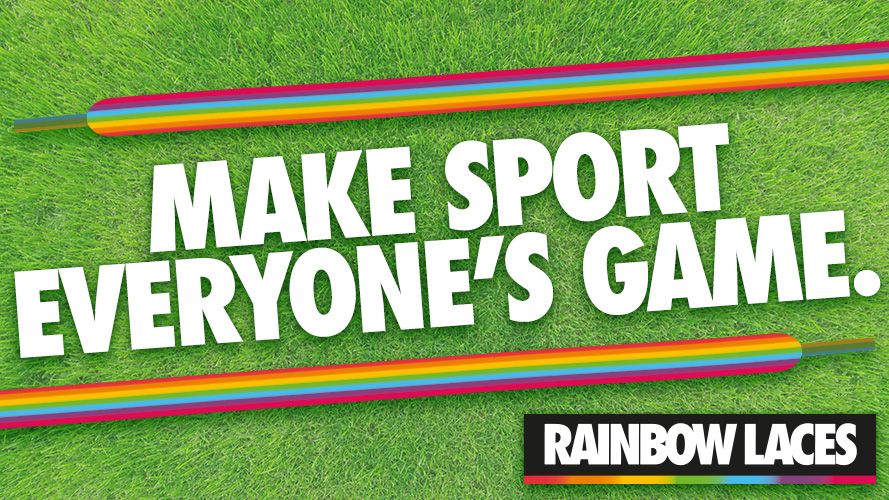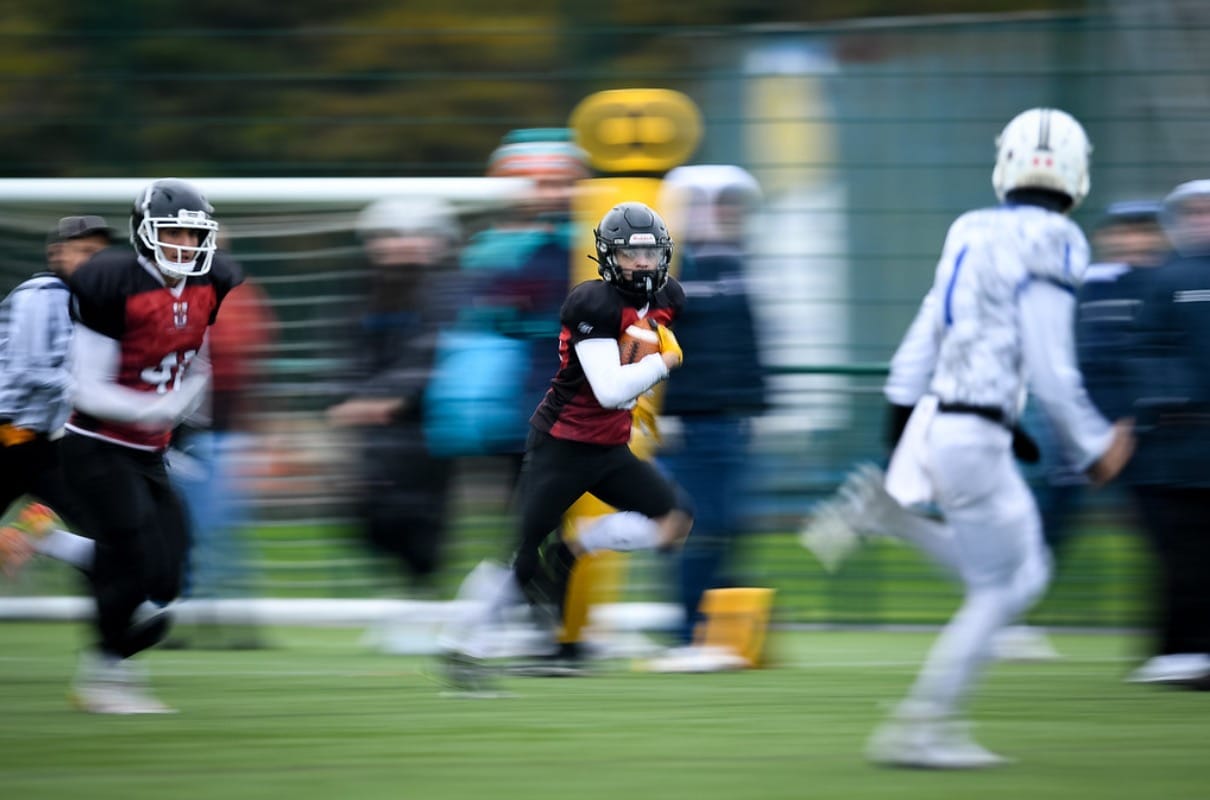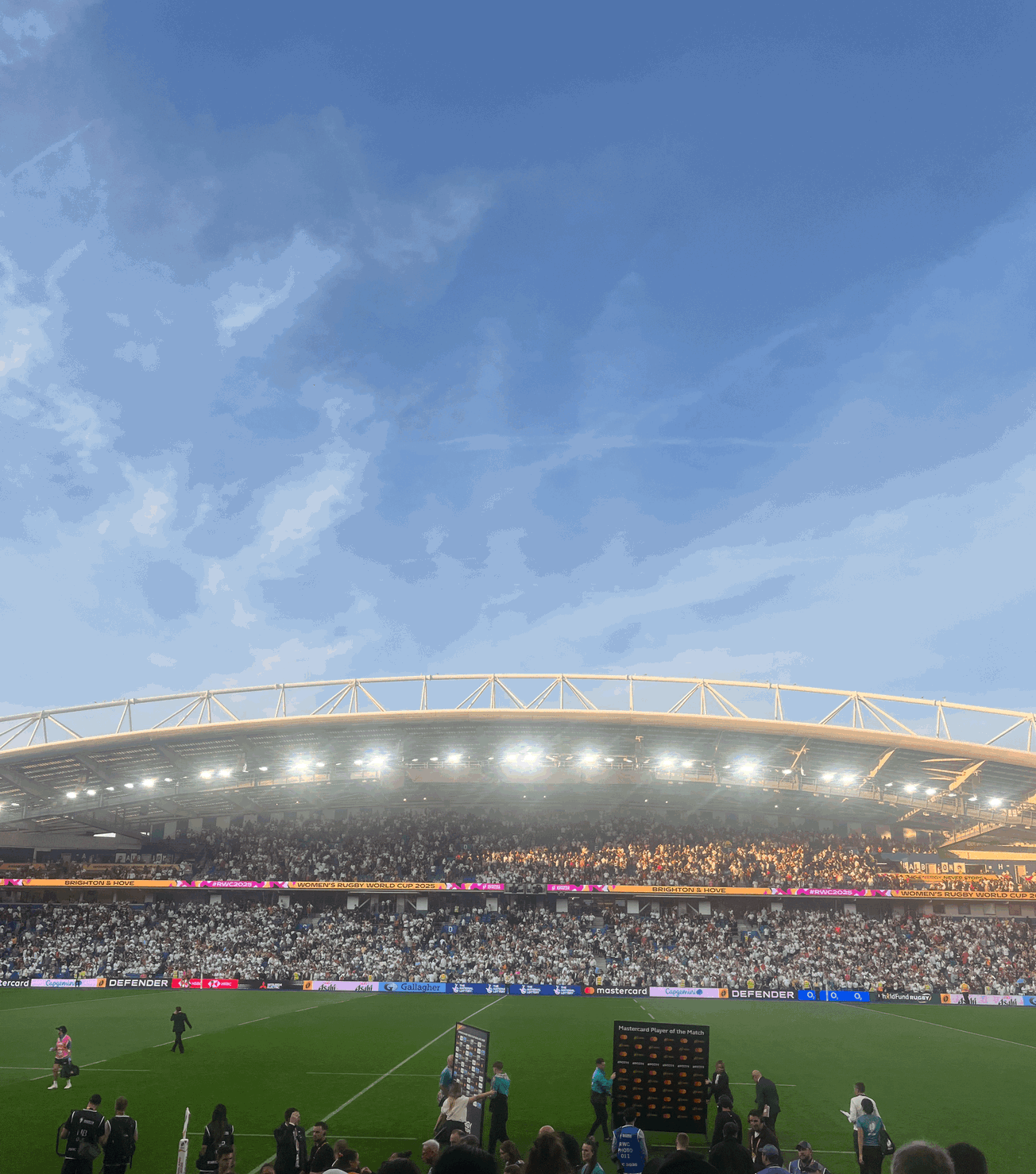By Esme Hedley, SciTech & Sports Subeditor
As part of a nationwide campaign, many sports societies at the University of Bristol are wearing and selling rainbow laces to stand in solidarity with the LGBTQ+ community and show that university sport is a safe and welcome place for all.
Research conducted by Stonewall recently reported that 4 out of 10 LGBTQ+ people do not think sport is welcoming. This is heart-breaking, as one of the best things about sport is how it brings people together. This November, many societies at the University are taking part in this campaign of visibility to challenge this perception and make sport inclusive and accessible.
In 2016, The National Union for Students (NUS) produced a report called Out in Sport: LGBT Students’ Experiences of Sport. It noted the positive and negative LGBT experiences within university sport and explored the barriers to participation. The report revealed that while nearly two thirds of LGBT students (who participate in team sport) are open about their sexual orientation to their teammates, over 46.8 percent of LGBT students who do not participate in sport find the culture around it alienating or unwelcoming. The rainbow laces campaign is aiming to change this.
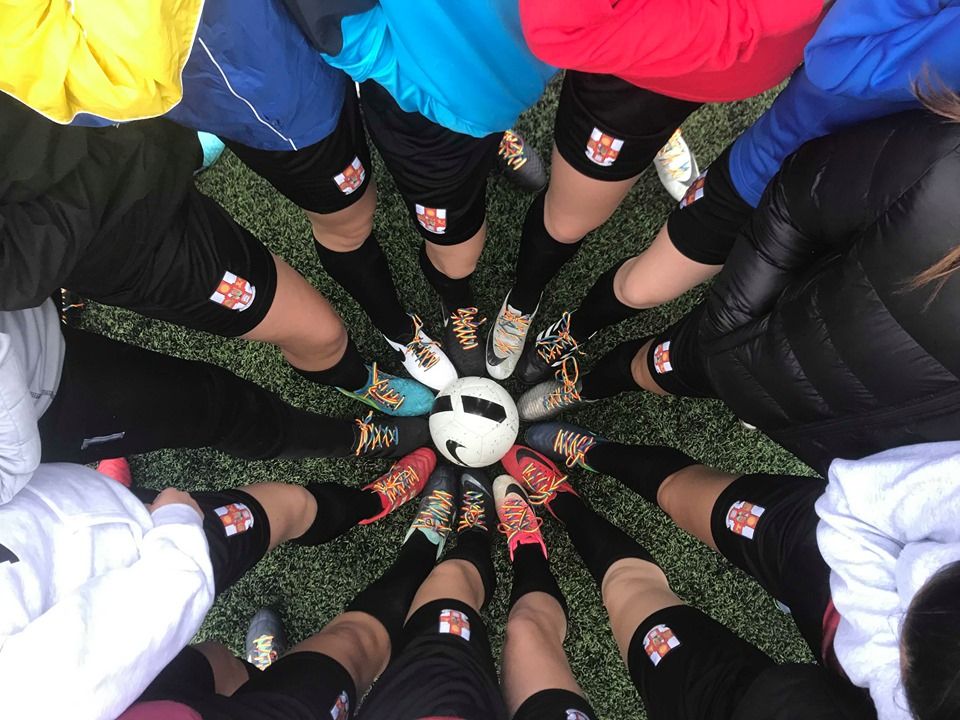
Huge amounts of LGBTQ+ people who do participate in university sport have had overwhelmingly positive experiences, and many students feel that their sexual orientation has had no effect on the way they are treated in their clubs.
It is also true that being out with others and having a shared experience can be something that brings people together within a team. However, not everyone is out or open in their sport.
While some say this is because they do not think their sexual orientation is relevant, it is also true that in some cases a culture of casual homophobia can intimidate students into hiding their sexual orientation. 20% of respondents from the NUS report (who were not out in their sport) said they were worried that if people knew, it might result in homophobic or transphobic verbal or physical abuse.
'46.8 percent of LGBT students who do not participate in sport find the culture around it alienating or unwelcoming'
This might come as a surprise to many sportspeople at the university, as the overwhelming majority of students see themselves as LGBTQ+ allies and would only ever be welcoming and supportive if someone came out in their team.
This figure therefore highlights a really important element of the rainbow laces campaign. Not only does it show teams will not stand for homophobic behaviour or language, but it also shows an understanding that sometimes it is hard for an LGBTQ+ person to assume support and acceptance within a sports team.
Happy #RainbowLacesDay! We hope you're laced up with pride. Find out how we can all play our part to make sport everyone’s game. #RainbowLaces 🏳️🌈 https://t.co/LMcvJaleQl pic.twitter.com/gvlSgyRbKc
— Stonewall (@stonewalluk) November 27, 2019
Stonewall have been running the 'Come Out Active' campaign annually since 2013. UBWFC Equality, Diversity and Charity secretary, Liv Goodwin, is proud to promote the rainbow lace campaign in the club. ‘In 2017, 11% of LGBT people said they’d been discriminated against while exercising or taking part in group sport in the past year, and this figure rises to 28% relating to trans people specifically (Stonewall survey). It's time for that to change.’
She also states that ‘not only does sportspeople buying and wearing rainbow laces mean money goes towards the great work Stonewall are doing, but it also shows commitment to a future of safe and welcoming sport.’ At the Women's Football Club, all of the competing teams will be wearing rainbow laces in the upcoming matches ‘to show loud and clear that discrimination has no place in the beautiful game!’.
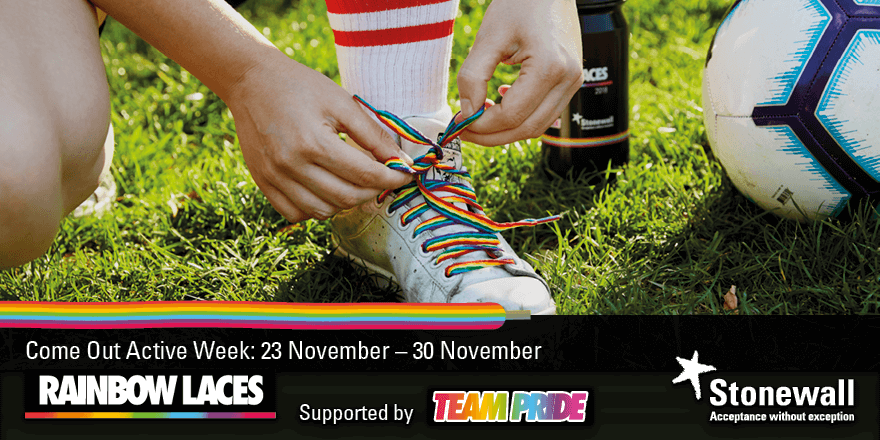
A statement from the University of Bristol Women’s Rugby team reveals why they too have decided to wear the rainbow laces. ‘The message of this campaign is very important to us as a club. We are an inclusive club in which we encourage everyone to be their true authentic self.’
Equality, Diversity and Charity offer, Emily Smith, said the club ‘stand in unison with all LGBTQ+ people across all communities, including our own. We hope that by wearing the laces across the country, wherever we play, we will encourage other communities to embrace these qualities of diversity and equality.’ UBWRFC also made sure to state that they hope the campaign ‘can further encourage people outside of the club to celebrate their differences too’.
This campaign is part of Come Out Active week, which runs from 23rd – 30th November. If you’re part of a sports society, and think your club should join this campaign, be sure to message your committee. It’s an inclusive, fun and cheap way to promote inclusivity in sport, and has a timeless message.
Featured Image: Stonewall Campaign Website
For more information, visit https://www.stonewall.org.uk/our-work/campaigns/rainbow-laces, and to access the full Out in Sport Report (NUS, 2016), search the Bristol SU website.

